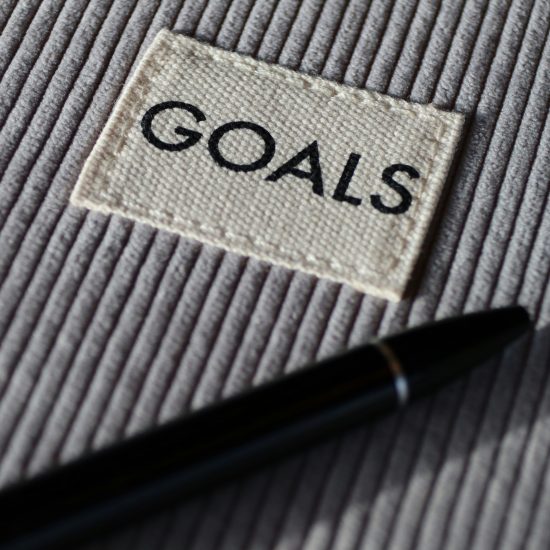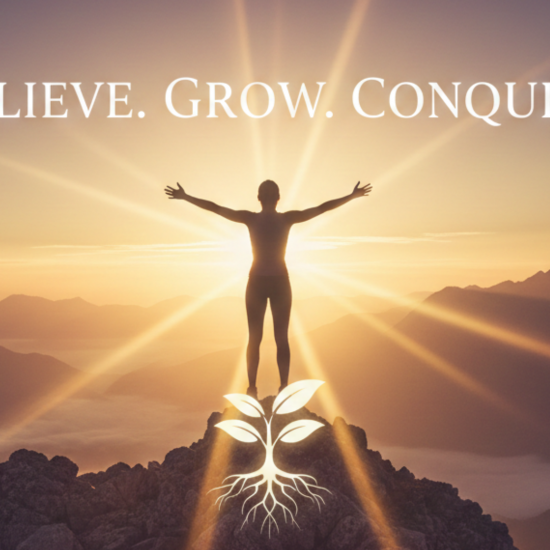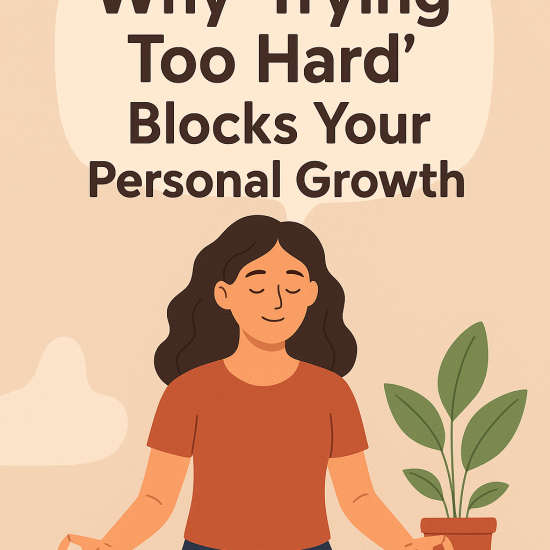The terms personal development and personality development are often used interchangeably, but they are not identical. While both are rooted in self-improvement, they serve distinct purposes and emphasize different areas of growth. Personal development focuses on inner transformation skills, mindset, emotional intelligence, and overall well-being whereas personality development enhances outward traits, communication, and behavior to improve social presence and self-image. Understanding the difference between the two helps individuals create a balanced growth strategy. Let’s explore each concept in depth, compare their differences, and see how they work together to shape holistic success.
What is Personal Development?
Personal development refers to the continuous process of self-improvement across multiple areas of life. It involves building inner strength, developing new skills, and adopting habits that lead to greater fulfillment and achievement. Unlike personality development, which focuses on outward traits, personal growth is more inward and holistic.
Key areas of personal development include:
- Self-awareness: Understanding thoughts, emotions, strengths, and weaknesses.
- Mindset and resilience: Developing a growth mindset and the ability to bounce back from setbacks.
- Emotional intelligence: Managing emotions and building empathy for stronger relationships.
- Goal setting and achievement: Defining clear, measurable objectives and working toward them.
- Well-being and stress management: Maintaining balance through mindfulness, physical health, and self-care.
- Professional skills: Improving decision-making, leadership, and problem-solving abilities.
In short, personal development is about becoming the best version of oneself internally. It equips individuals to handle challenges, adapt to change, and grow consistently throughout life.
What is Personality Development?
Personality development, by contrast, is about shaping how an individual presents themselves to the world. It emphasizes external traits, communication, behavior, and overall impression. A strong personality helps people connect better with others, influence their environment, and project confidence.
Key areas of personality development include:
- Communication skills: Improving speaking, listening, and nonverbal expression.
- Body language and presence: Enhancing posture, gestures, and eye contact.
- Social skills: Building rapport, networking, and managing relationships.
- Grooming and etiquette: Presenting oneself appropriately in professional and social settings.
- Confidence and assertiveness: Expressing thoughts clearly and standing firm in one’s values.
Unlike personal development, which is inward-focused, personality development is outward-focused. It refines how an individual interacts with others and how they are perceived.
Personal Development vs. Personality Development: A Detailed Comparison
To understand the difference clearly, let’s compare them side by side:
| Aspect | Personal Development | Personality Development |
|---|---|---|
| Focus | Inward growth – mindset, skills, emotional intelligence, well-being | Outward growth – traits, communication, behavior, and appearance |
| Scope | Broad – covers emotional, mental, physical, and professional aspects of life | Narrower – emphasizes external traits and social presence |
| Goal | Long-term inner transformation and fulfillment | Better self-image, confidence, and social effectiveness |
| Examples | Setting goals, stress management, resilience, leadership skills | Body language, grooming, speaking skills, social etiquette |
| Impact | Sustainable growth and stronger foundation for success | Positive impression, improved relationships, and confidence |
Why Personal Development Matters
Focusing on personal development creates long-term benefits that extend across all areas of life. For instance:
- A person who builds resilience is better equipped to handle stress and setbacks.
- Someone who develops emotional intelligence can manage conflicts at work and home more effectively.
- Building self-discipline allows individuals to achieve health, career, or learning goals more consistently.
By improving the inner foundation, personal growth ensures that progress is not superficial but sustainable.
Why Personality Development Matters
At the same time, personality development is equally important because first impressions and social interactions often shape opportunities. For example:
- Strong communication skills can determine success in job interviews or public speaking.
- Good body language creates confidence and trust in personal and professional relationships.
- Proper grooming and etiquette enhance credibility in formal settings.
Without personality development, even someone with strong skills may struggle to showcase them effectively. It ensures individuals not only grow internally but also project their strengths outwardly.
How They Work Together
Although distinct, personal development and personality development complement each other. Imagine them as two sides of the same coin inner growth fuels outer expression, and outer confidence reinforces inner strength.
For instance:
- Developing self-awareness (personal growth) helps individuals communicate more authentically (personality growth).
- Building confidence through skill mastery (personal growth) enhances public speaking and presence (personality growth).
- Practicing mindfulness (personal growth) results in calmer, more composed behavior in social settings (personality growth).
Together, they create a balanced, well-rounded individual resilient on the inside and impactful on the outside.
Practical Tips for Personal Development
- Set SMART goals – Define Specific, Measurable, Achievable, Relevant, and Time-bound objectives.
- Practice mindfulness – Spend 10 minutes daily on meditation or deep breathing.
- Build emotional intelligence – Reflect on emotional triggers and practice empathy in conversations.
- Develop resilience – Treat failures as learning opportunities and stay committed during challenges.
- Invest in learning – Read, attend workshops, or develop professional skills regularly.
Practical Tips for Personality Development
- Improve communication – Practice active listening, maintain eye contact, and speak with clarity.
- Work on body language – Keep an open posture, use gestures confidently, and smile naturally.
- Grooming and etiquette – Dress appropriately, maintain hygiene, and practice professional manners.
- Expand social skills – Network, join groups, or engage in activities that require collaboration.
- Boost confidence – Engage in public speaking, volunteer for leadership roles, and celebrate small wins.
Common Misconceptions
- “They are the same thing.” While related, personal growth focuses on inner transformation, and personality growth focuses on outer traits.
- “Personality cannot be developed.” Personality traits can evolve with conscious effort, especially communication and behavior.
- “Personal development is only career-focused.” In reality, it spans all life areas, including relationships, health, and emotional well-being.
Which Should You Focus On?
The answer is both but the priority depends on your goals. If you want long-term fulfillment, resilience, and purpose, focus on personal development first. If your immediate aim is to improve self-image, confidence, and communication, work on personality development.
For the best results, integrate both: strengthen your inner foundation while refining your outer presence.
The difference between personal development and personality development lies in their focus and scope. Personal development is about inner growth skills, mindset, and overall well-being while personality development enhances external traits, behavior, and communication for a better self-image.
Together, they create complete growth. Personal development builds resilience and purpose, while personality development ensures individuals project their strengths confidently to the world. When combined, they lead to long-term success, fulfillment, and a powerful presence in both personal and professional life.





